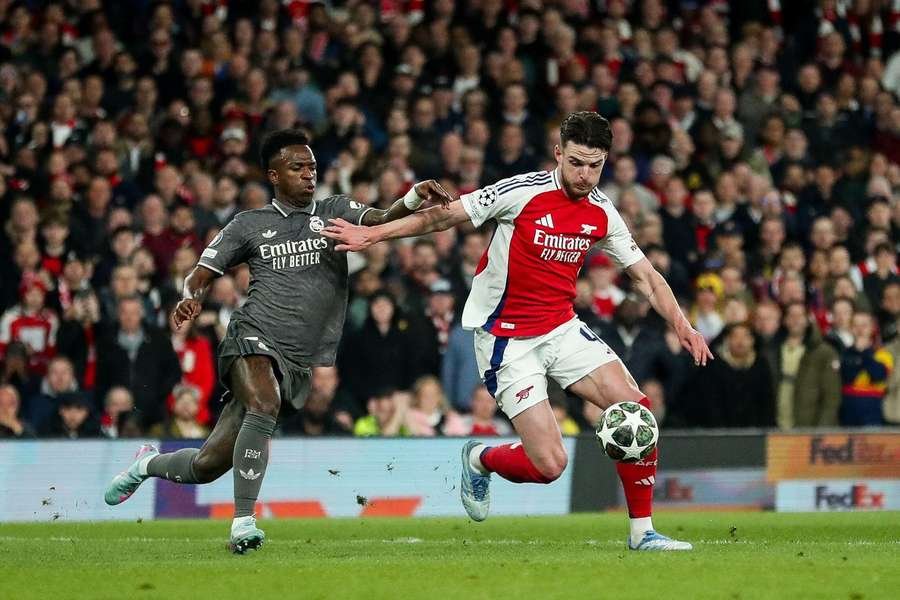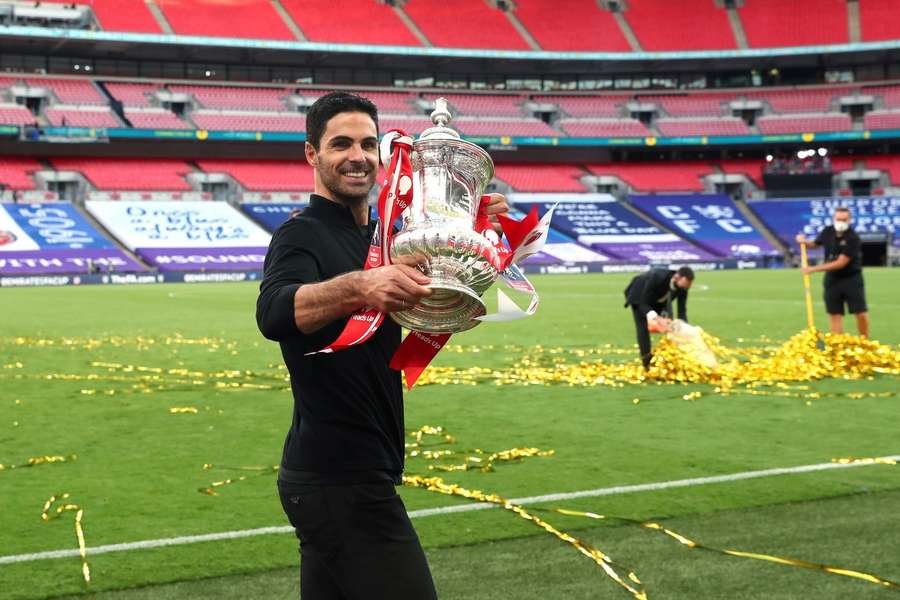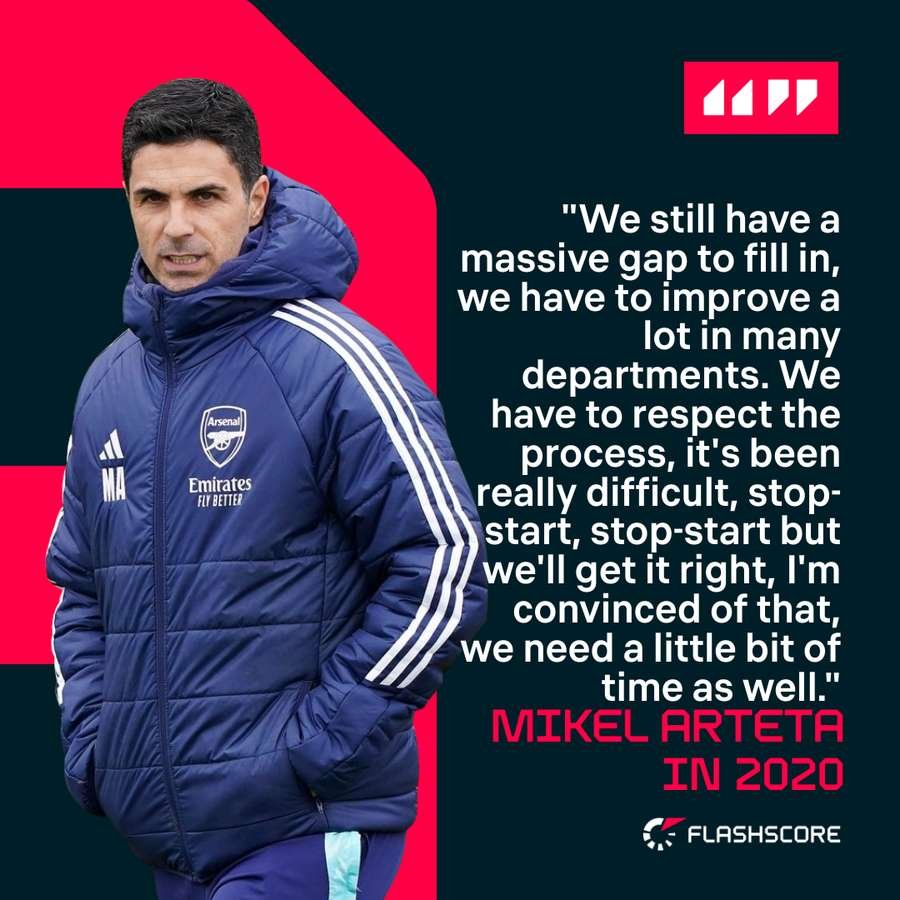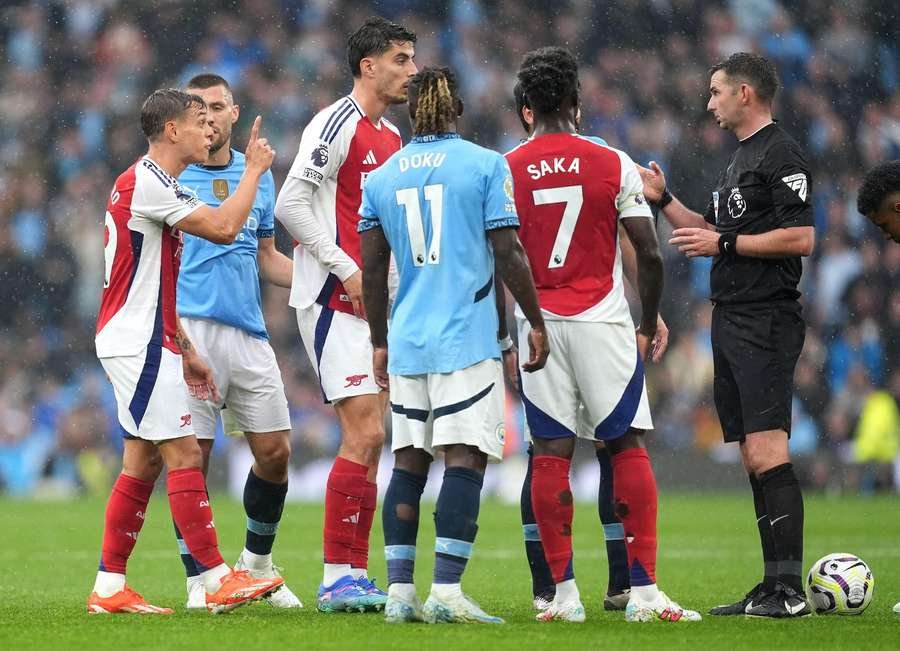This Wednesday evening, Arsenal will arrive at the Santiago Bernabéu aiming to become the first team in history to achieve four consecutive clean sheets against Real Madrid in the European Cup/Champions League.
The Gunners boast an unbeaten record in their past three encounters with Los Blancos, including the thrilling first leg of this two-legged quarter-final.
This puts the North London club in a strong position to advance to the semi-finals where they could face Paris Saint-Germain; however, if Carlo Ancelotti’s team finds the back of the net early, the pressure on Arsenal will be immense.
Complacency is Arsenal’s foe in Madrid
Arsenal need only observe how Borussia Dortmund challenged Barcelona in their second leg on Tuesday night to realise that their own tie is far from over.
On another occasion, had Borussia Dortmund capitalised on their chances, Barcelona might have faced elimination in a comeback that would have eclipsed their own resurgence against PSG in 2017.
Nevertheless, if Mikel Arteta’s men replicate their form from the first leg, Arsenal could very well match their longest winning streak away from home in the European Cup/Champions League (four – having won their last three).

The only instance of Arsenal winning four consecutive away matches was during a streak that included a victory against Real Madrid at the Santiago Bernabéu (1-0, February 2006) as part of the fourth game in that run.
With fearless and confident players like Myles Lewis-Skelly in the mix, the Gunners certainly have the quality to contain Real Madrid’s attack.
The 18-year-old made history by becoming the third English teenager to assist a goal in a Champions League knockout stage game, joining other Arsenal players: Theo Walcott (2008 vs Milan and Liverpool) and Alex Oxlade-Chamberlain (2012 vs Milan).
Mikel Arteta still has much to prove as Arsenal’s manager
For Arteta, shedding the ‘nearly’ man tag at Arsenal is crucial.
Since he took the reins on December 20, 2019, the 43-year-old Spaniard has transformed the team culture and mentality, but he has yet to accompany these changes with significant silverware.
This raises the question: should success be defined by ‘trusting the process,’ by trophies, or by both?
A victory in the FA Cup in August 2020 seemed to signal a new beginning at the Emirates Stadium after the waning years of Arsène Wenger and Unai Emery’s brief tenure.

Yet nearly five years on, Arteta’s achievements consist of a couple of Community Shield wins, and despite coming incredibly close to securing the Premier League title in the 2023/24 season, losing out to Pep Guardiola’s Manchester City by just two points, the scrutiny remains.
The Spaniard can point to an impressive record of 149 wins out of 253 games in charge, giving him a win percentage of 58.9%. His lowest win percentage of 50% came during his maiden season, but it has since fluctuated between 57.1% and 65.4%—not too shabby, although the lack of silverware overshadows this statistic.
Moreover, Arteta’s Arsenal teams have netted a total of 484 goals (nearly two per game) while conceding only 247 (less than one per match).

This season, the Gunners have only conceded 41 goals across all competitions, marking their best defensive record under Arteta, while their tally of 97 goals places them just six shy of equalling their second-best scoring record (from the 2022/23 season). With 17 wins at home, they are merely two victories away from last season’s 19, and 28 total wins are just one shy of matching their third-best season record under Arteta.
However, Liverpool has been the opponent Arteta has faced most often, where from 14 encounters with Jurgen Klopp or Arne Slot’s side, Arsenal has only managed two wins, drawing six and losing six.
Against Manchester City, the narrative isn’t much different, with two wins, three draws, and eight losses from 13 matches. Both Liverpool and Manchester City can be viewed as Arsenal’s primary domestic rivals, and the results against them thus far indicate that Arteta still has critical lessons to learn in high-stakes matches.
Arteta must stop attributing Arsenal’s failures in key matches to referees
In the case that blame is still being levelled at referees, Michael Oliver frequently takes charge of crucial Premier League matches, and the official has a history of frustrating Arsenal supporters — remember Leandro Trossard’s dismissal against Manchester City?
Interestingly, under Oliver, Arsenal has achieved their most victories, recording 17 wins from 26 matches.
Among other elite referees, Arsenal has a slightly better win percentage under Simon Hooper (66.7%) compared to Oliver (65.4%), while they have won six from eight matches (75%) officiated by Jarred Gillet.

At the end of the day, the manager is the one who bears the responsibility, rather than the officials.
While trusting the process can be valuable, if Arsenal fails to overcome their primary rivals when trophies are at stake, it suggests fundamental flaws in the strategy.
Should Arsenal falter against Real Madrid in an unexpected turn of events on Wednesday night, the narrative around Arteta being the ‘nearly’ man will continue to resonate with the media.
Whether Arteta relishes this scrutiny or not, ongoing doubts regarding his suitability to head one of the most illustrious clubs in English football will inevitably be raised.

Compiled by SportArena.com.au.
Fanpage: SportArena.com.au.
LiveScore – Live Sports Results & Odds.




